There is much about Earth’s evolution we don’t know. However, scientists are working to uncover some previously held secrets by looking at the stars — and they may have discovered a huge breakthrough about Earth’s changing climate.
A new study theorizes that an encounter between our Sun and a passing star millions of years ago may be why Earth has experienced various climate anomalies throughout its evolution.
The Study That Started It All
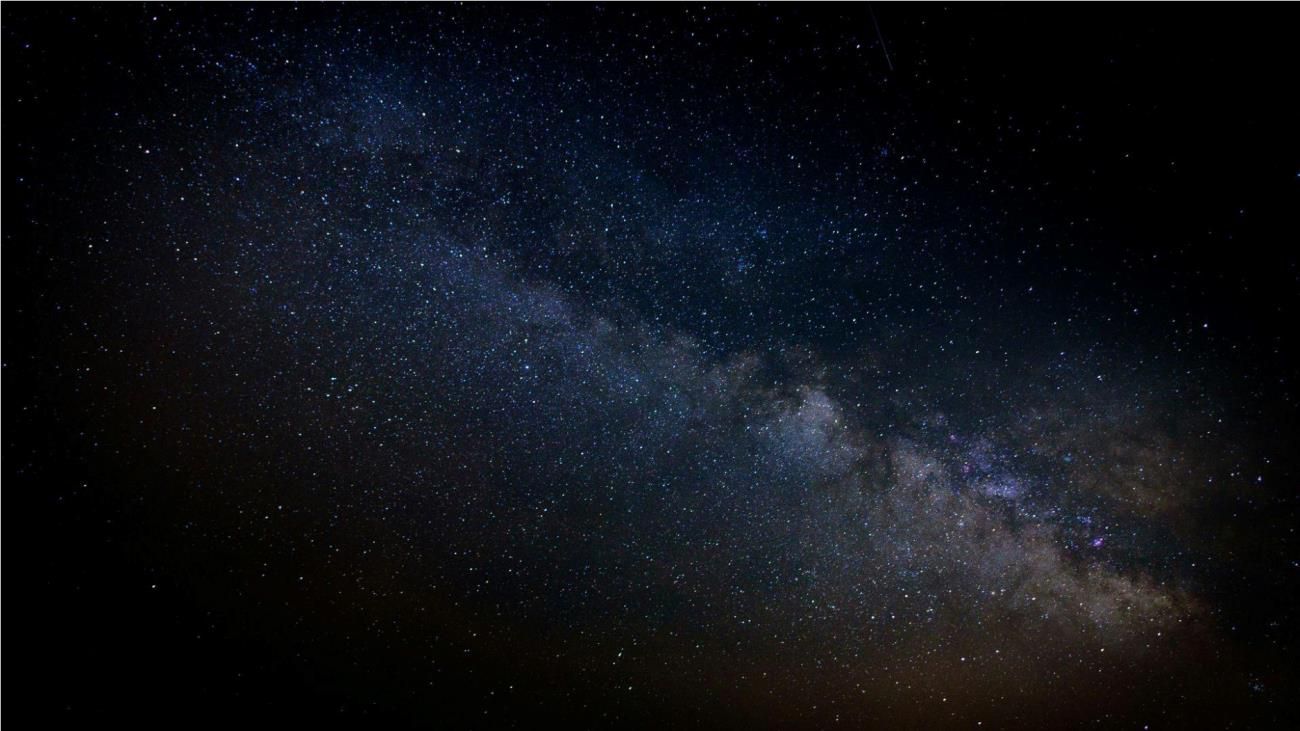
First, it’s important to discuss a study that kickstarted this most recent one. In December of 2023, Sean Raymond at the University of Bordeaux uncovered, with the help of his colleagues, a space possibility.
According to Raymond and his colleagues, if a star passes within 100 astronomical units (AU) of Earth, there is a 1% chance that it could affect the planet in different ways.
The Earth Could Collide with Another Planet
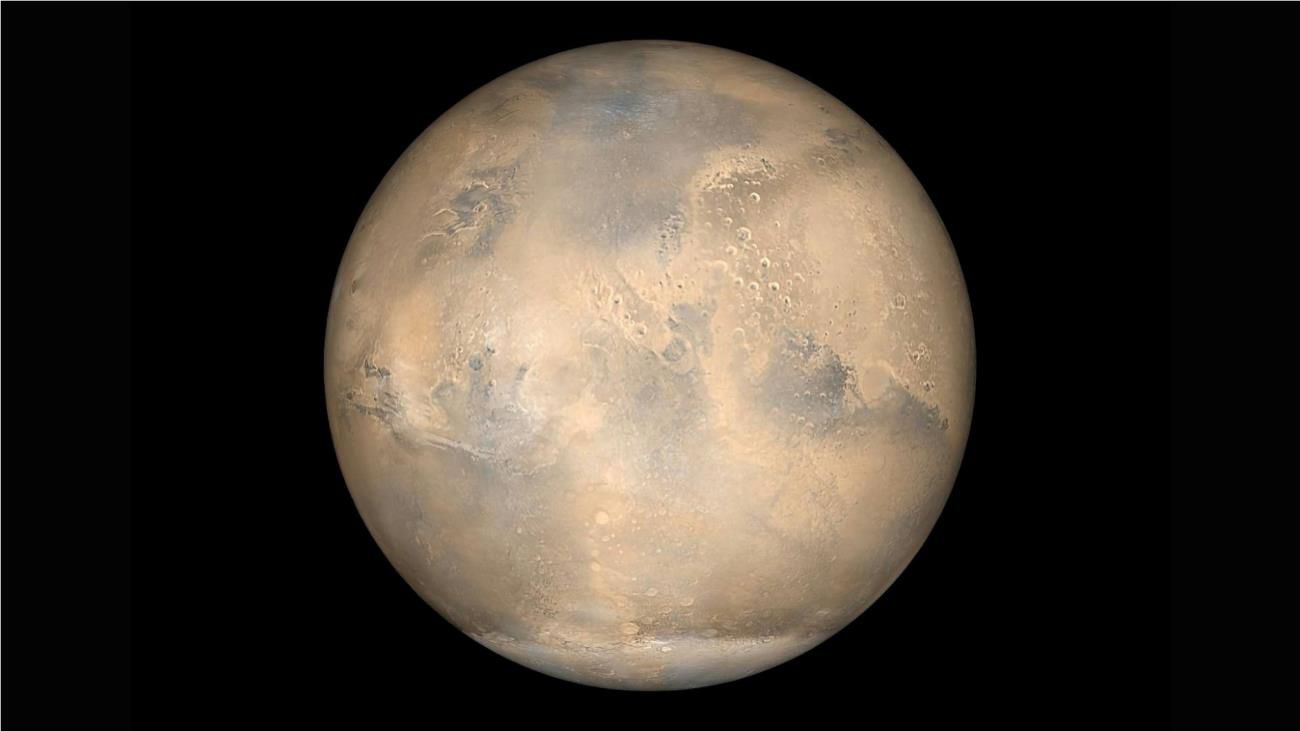
In this study, the team concluded that, if this 1% chance is possible, the star could force the Earth to go off course — and potentially smash into another planet near to it. For example, Earth could collide with Mars.
Clearly, this possibility would very likely annihilate everybody on Earth and completely change the entire planet. Nothing would be the same.
The Earth Could Be Pushed Elsewhere
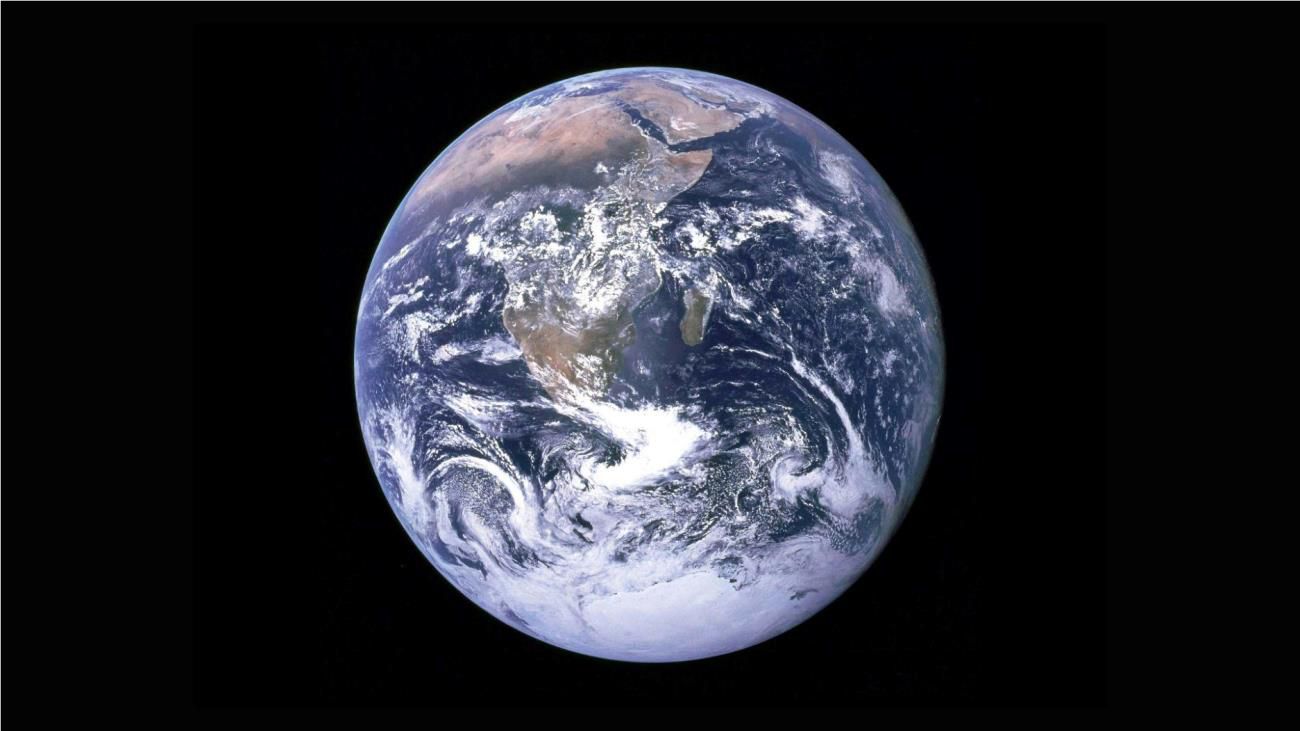
Another theory that arose over this study is the realization that a passing star could push the Earth off course — and way out into the Solar System. Obviously, the planet going out into the outer parts of the Milky Way is mind boggling.
A passing star, however, has this much power over the planet. But, it has to get within 100 AU for this to even have a small chance of happening.
The Earth Could Find a New Solar System
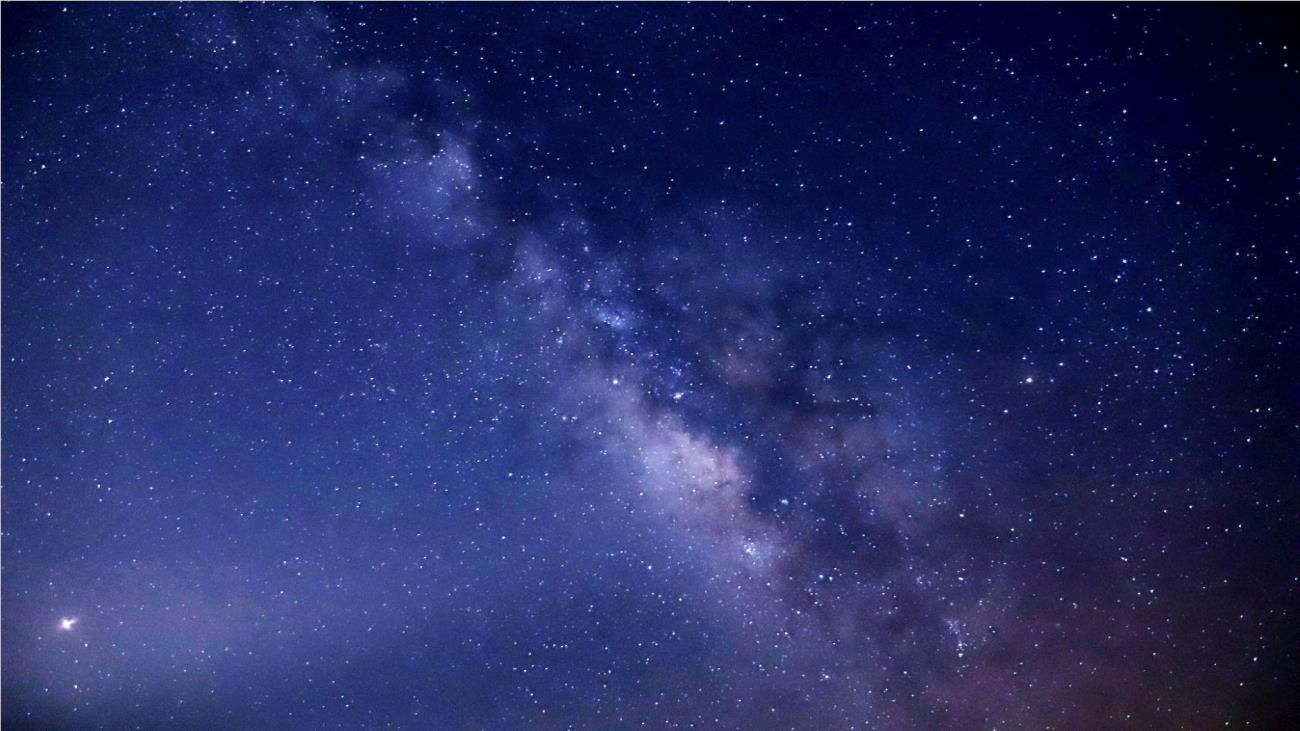
Finally, the team also discovered that, if this passing star could lock onto and capture the planet, Earth could find itself in a completely new Solar System. Various theories about what this means can be made.
Unfortunately, the team also says that this would likely mean that all life on the planet would cease. If a passing star captures the Earth, people would not survive to see what this new Solar System looks like. However, some still believe this could save the Earth from a burning sun.
A New Groundbreaking Study
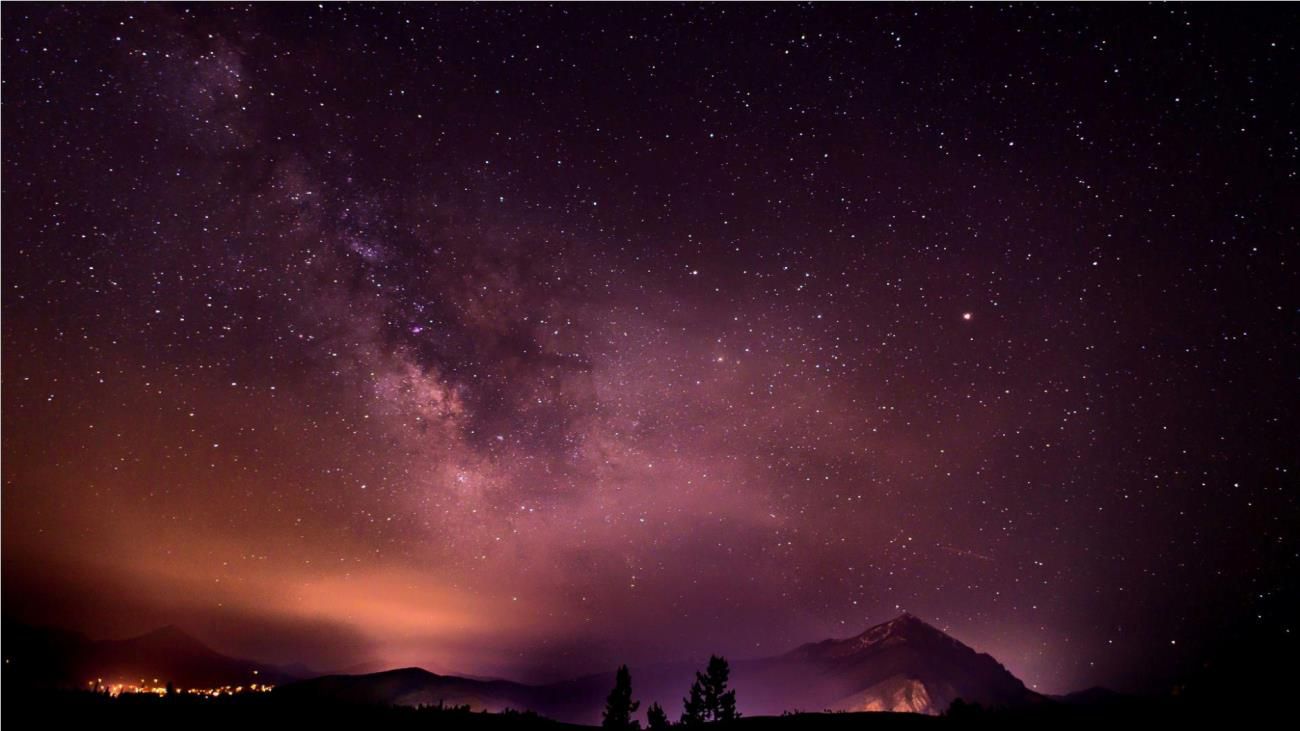
This study from last year laid the groundwork for a new study that suggests a passing star has already passed by Earth and the Sun — about 2.8 million years ago.
According to Raymond and Planetary Science Institute scientist Nathan Kaib, this stellar visit could have occurred and changed Earth’s entire evolutionary process. According to the team, this could also have influenced the planet’s overall climate change.
Uncovering the Past Using Simulations

The team used a Solar System simulation and rewound it to come to these conclusions. Normally, these types of models only look at an isolated Solar System. To see how the stars of the Milky Way have interacted with planets of the past, the team looked at the bigger picture with these simulations.
What they found led them to believe that star HD 7977 likely passed by our star, and is about 4,000 to 31,000 AU away. This has also led the team to believe the star affected Earth in some way.
The Study’s Revelations of Earth’s Climate Change
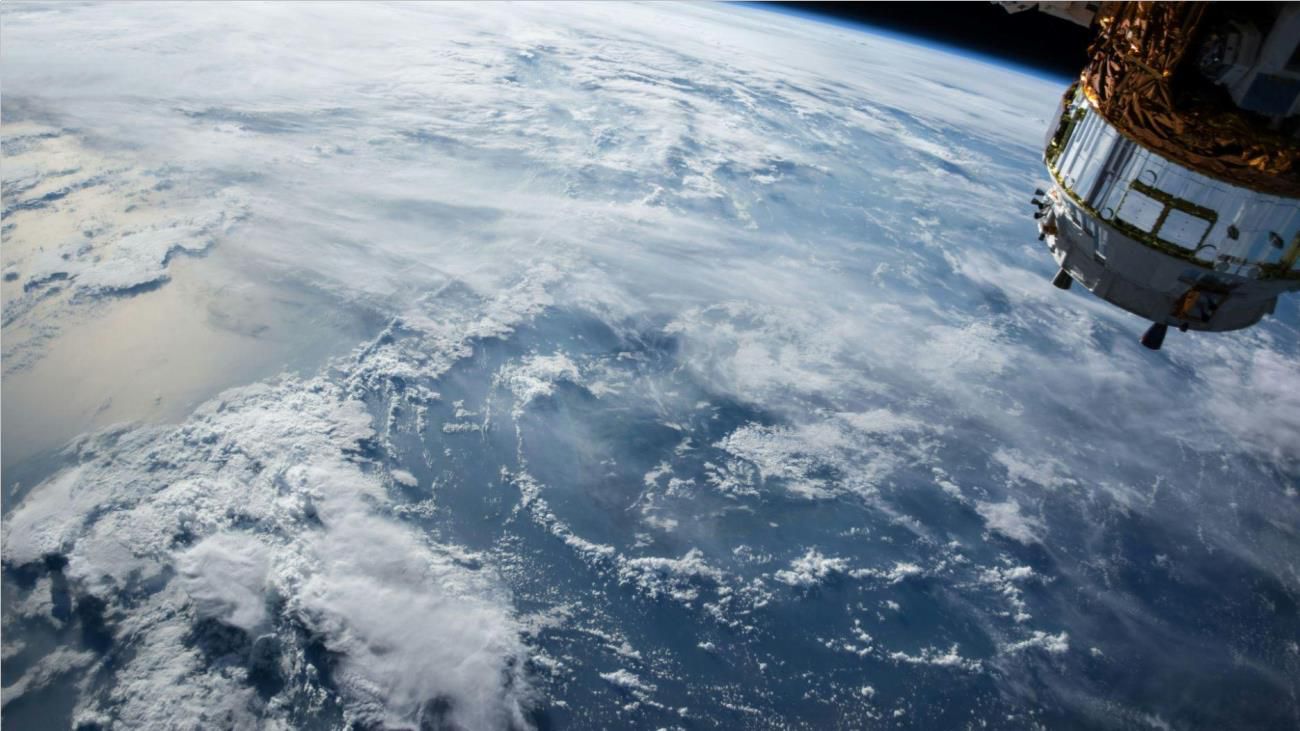
The team of scientists published their findings in “The Astrophysical Journal Letters.” They also announced what they uncovered in a press statement.
“Perturbations…from passing stars alter the long-term orbital evolution of the Sun’s planets, including Earth,” Kaib said. “One example of such an episode is the Paleocene-Eocene Thermal Maximum 56 million years ago… It has already been proposed that Earth’s orbital eccentricity was notably high during this event, but our results show that passing stars make detailed predictions of Earth’s past orbital evolution at this time highly uncertain.”
Fluctuations in Climate by a Passing Star

Therefore, because this star passed closer to the planet, climate fluctuations may have emerged. Climate changes likely occurred because of this event. This changes much of what we know about Earth’s long evolutionary process.
This also ties Earth’s climate even closer to its orbit and interactions with other stars in the Milky Way. If a passing star has already caused a climate anomaly in the past, it could do so again in the future.
Looking at Past Climate Changes
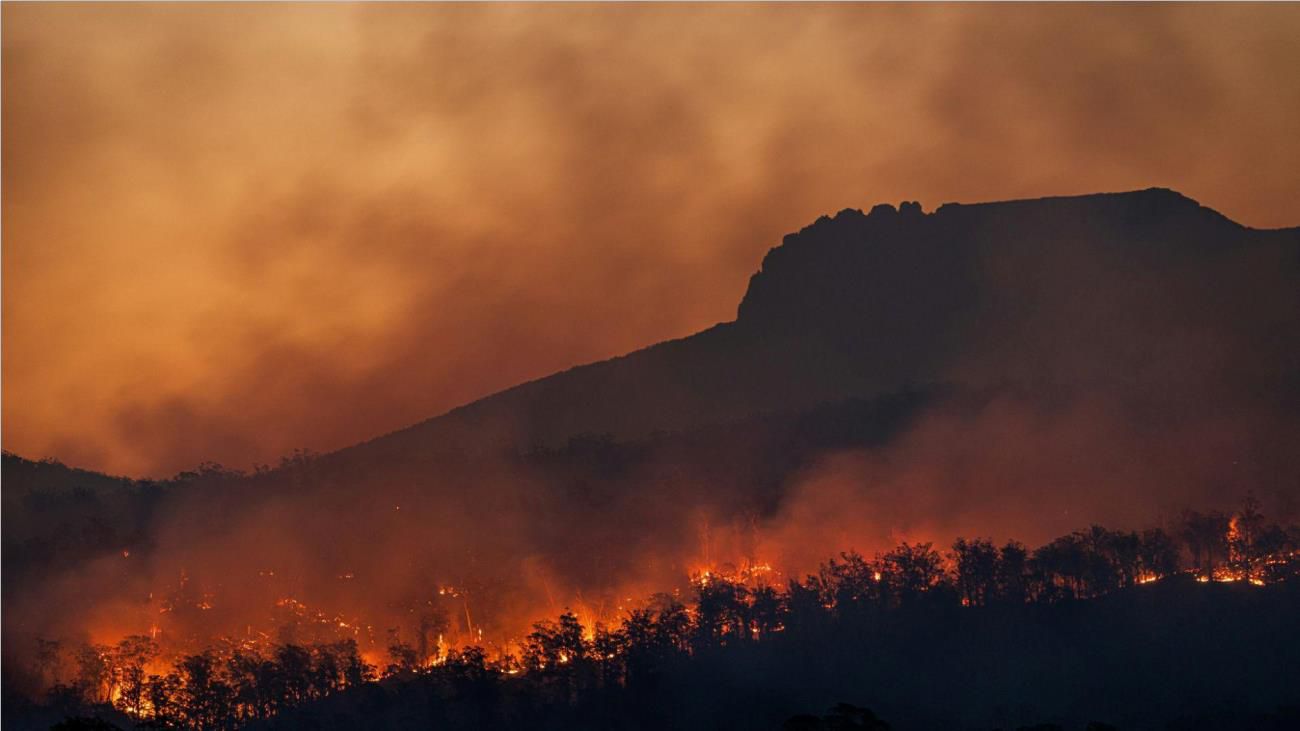
To better understand how our climate may change in the future, it’s important to look at anomalies of the past.
“One reason this is important is because the geologic record shows that changes in the Earth’s orbital eccentricity accompany fluctuations in the Earth’s climate,” Kaib said. “If we want to best search for the causes of ancient climate anomalies, it is important to have an idea of what Earth’s orbit looked like during those episodes.”
Looking at Other Stars
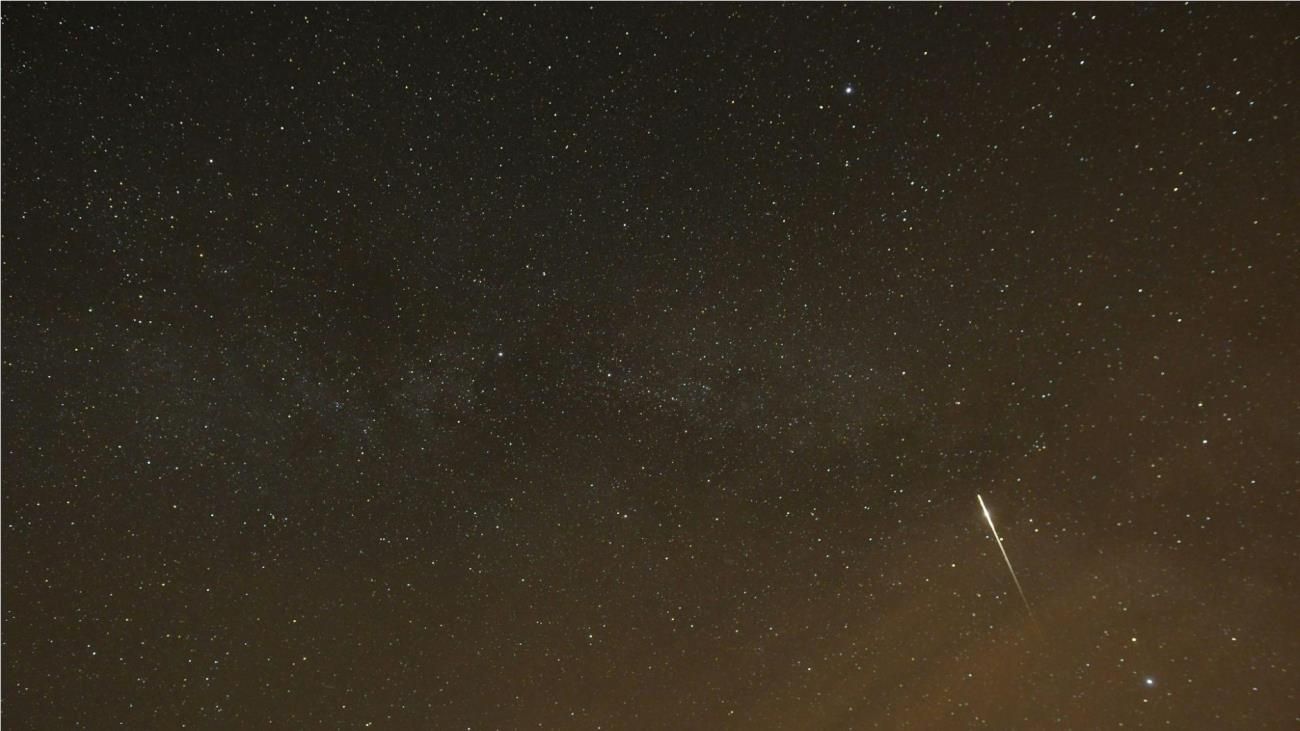
Many stars have passed by the Solar System throughout the past millions of years. And many stars will continue to pass by — and could impact our Solar System in different ways if these passing stellar events get too close.
Now that this study has been released, scientists are already stating that other stars may have passed by and affected our planet in different ways. This could continue to change what we know about Earth’s evolution.
Stars Impacting Other Planets
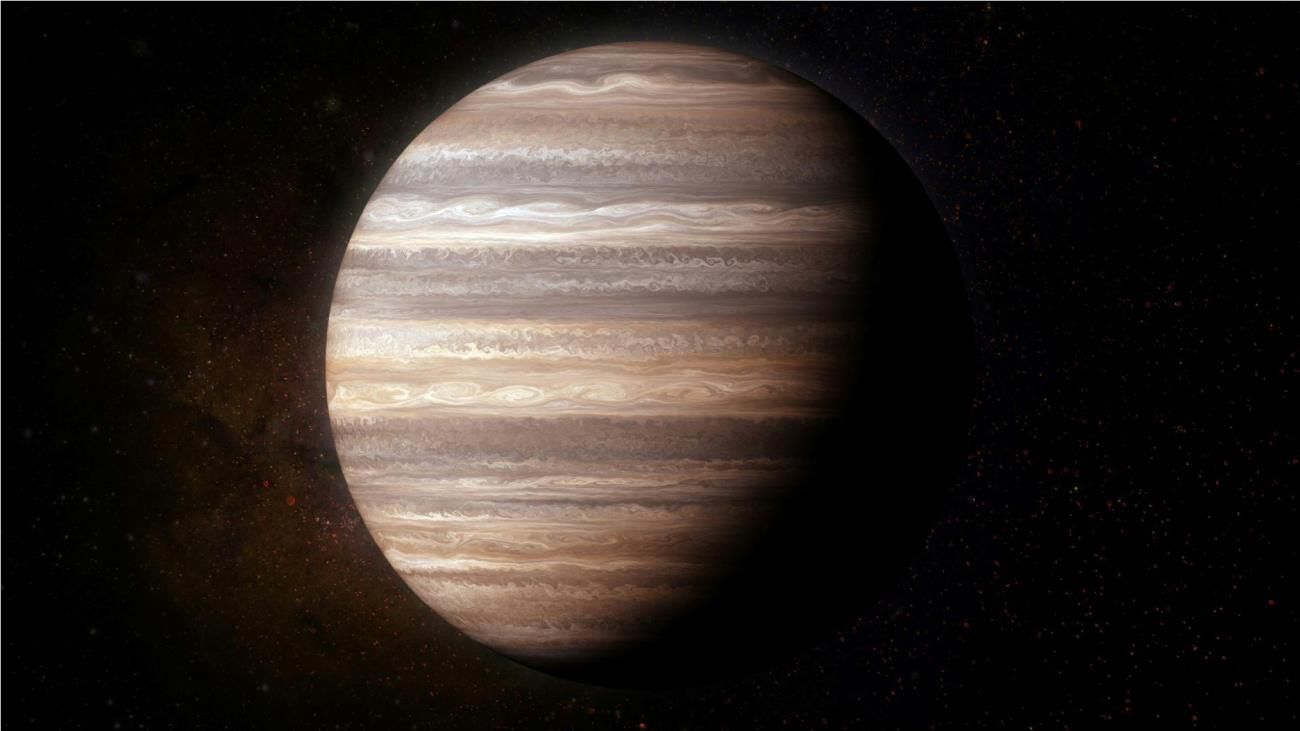
As the Sun moves around the center of the Milky Way, which also holds a black hole called Sagittarius A, many stars have the potential to come close to Earth’s orbit. We’ve seen how that can impact the planet. However, stars can also affect other planets’ orbits.
On average, these passing stars have the chance to affect the bigger planets in our system. Therefore, they could first impact Neptune, Jupiter, Uranus, and Saturn. If this happens, then these big planets would affect the smaller planets of the Solar System.
